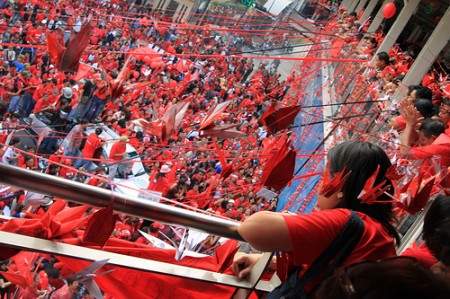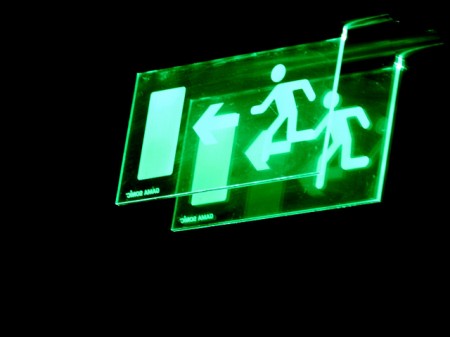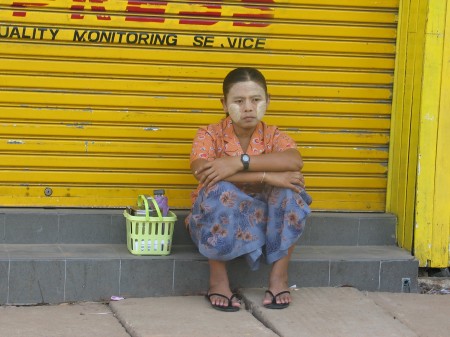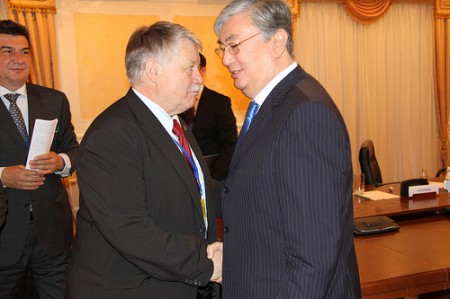
Thai parties are gearing up for general elections as Prime Minister Abhisit Vejjajiva is expected to dissolve the House of Representatives shortly. His Democrat Party came to power through a parliamentary vote, after the previous government was toppled. The upcoming elections will now put the government’s mandate to a popular test. So far so good. It is very unlikely though that the five-year-old political crisis will end with the formation of a new government.
Thailand’s deep political divide is driven by the underlying monarchical succession – the first of its kind since 1946. The system on which the Thai society is built is in flux, leaving everyone struggling to be in a better position.
The Democrat Party has possibly gained some popularity among ordinary Thais, but all in all it remains an elite movement rooted in Bangkok’s establishment. Thus there’s a good chance that the Pheu Thai Party – the de facto party of deposed Prime Minister Thaksin Shinawatra – receives most votes in the poll.



